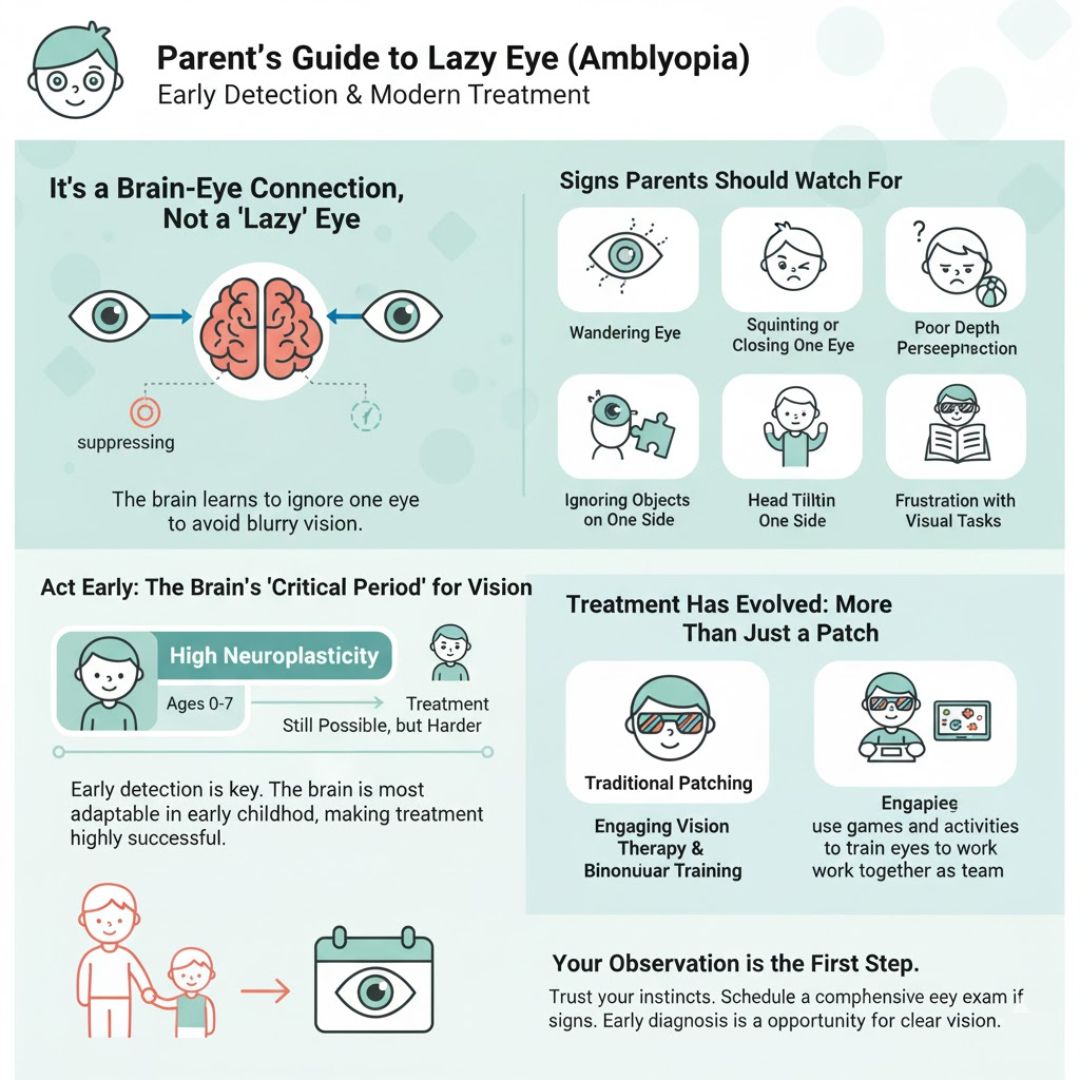Switzerland, a land of picturesque mountains, serene lakes, and bustling cities, is also a land of languages. When most people ask, what language is spoken in Switzerland?, the answer isn’t as simple as one might think. Switzerland is a multilingual country where four official languages German, French, Italian, and Romansh coexist harmoniously. Each language reflects a distinct cultural identity, and understanding them is essential for travelers, business professionals, and anyone interested in Swiss life.
In this guide, we’ll explore not only the official languages but also the regional dialects, multilingual dynamics in daily life, and practical tips for navigating Switzerland’s linguistic landscape. By the end, you’ll have a clear understanding of what language do Swiss people speak, and how to immerse yourself in the country’s rich linguistic tapestry.
🇨🇭 The Four Official Languages of Switzerland
Switzerland officially recognizes German, French, Italian, and Romansh. Each of these languages dominates specific regions, reflecting centuries of history and cultural development.
- German (Swiss German)
- Spoken by approximately 62% of the population, primarily in Zürich, Bern, Basel, and the central plateau.
- Swiss German, or Schweizerdeutsch, differs significantly from Standard German. For instance, common greetings and everyday expressions can sound unique to outsiders.
- This makes it essential for travelers to recognize that even though “German” is spoken, local variations are everywhere.
- French
- Around 23% of the population speak French, mainly in western cantons like Geneva, Lausanne, and Neuchâtel.
- Swiss French is close to standard French, but subtle differences in vocabulary and pronunciation exist.
- Italian
- Italian is spoken by roughly 8% of the population, mostly in Ticino and parts of Graubünden.
- Swiss Italian is remarkably similar to standard Italian but includes unique expressions influenced by local culture.
- Romansh
- Spoken by only about 0.5% of the population in certain Alpine valleys, primarily in Graubünden.
- Romansh is a Romance language, preserving centuries-old traditions and serving as a symbol of Swiss cultural diversity.
Understanding these languages is key to grasping Switzerland language diversity, and it enhances any visit to this remarkable country.
🗺️ Regional Languages and Dialects in Swiss Cantons
Switzerland’s 26 cantons each have unique linguistic characteristics. For example:
- In Zürich and Lucerne, Swiss German dominates public communication and daily life.
- Crossing to Lausanne or Geneva, French is the main language spoken.
- In southern Ticino, Italian prevails, and small Graubünden villages keep Romansh alive.
Some cantons are officially bilingual or even trilingual. Bern, for instance, has both German and French-speaking areas. Understanding languages in Swiss cantons can enrich travel and make navigation much smoother.
🌟 Real-Life Language Experience
During my travels in Switzerland, I noticed how seamlessly people switch languages. On a train from Bern to Geneva, a conversation might start in German, continue in French, and conclude in English. This fluid multilingualism is part of what makes Switzerland so unique.
For travelers wondering do Swiss people speak English?, the answer is generally yes. English is widely understood in business, tourism, and among younger generations, making short trips easier even if you don’t speak the national languages fluently. However, learning basic phrases in local languages always adds warmth to interactions.
📊 Language Statistics and Cultural Insights
Here’s a quick breakdown:
| Language | Population % | Primary Regions | Key Notes |
|---|---|---|---|
| German | 62% | Zürich, Bern, Basel | Swiss German dialects common |
| French | 23% | Geneva, Lausanne, Neuchâtel | Slightly different from standard French |
| Italian | 8% | Ticino, parts of Graubünden | Influenced by local culture |
| Romansh | 0.5% | Graubünden | Small communities, preserved traditions |
Beyond these, Switzerland’s multicultural environment ensures that other languages—like English, Portuguese, and Spanish—are also present due to expatriates and global business.
🏛️ How Languages Shape Swiss Life
Language influences education, government, media, and even daily interactions. For example:
- Schools teach children in the region’s main language, sometimes with a second language introduced early.
- Official documents and forms are available in multiple languages depending on canton.
- Public signs often include multiple languages, particularly in tourist-heavy areas.
This is why Switzerland remains one of the most organized and culturally rich multilingual nations in the world. It’s a prime example of how linguistic diversity can coexist with national unity.
🧳 Travel Tips for Navigating Swiss Languages
- Learn basic greetings: Bonjour, Grüezi, Ciao, or Allegra depending on the region.
- Use multilingual maps and apps: Most maps and tourist guides offer English alongside local languages.
- Engage locals: Asking simple questions in the regional language can go a long way.
- Observe public signs: They often indicate the official language of the canton.
🖋️ Personal Experience
When I attended a local festival in Lucerne, I noticed how announcements switched between German and English to accommodate tourists. In Ticino, restaurant menus were in Italian, but staff quickly switched to English when they noticed tourists. This everyday fluidity showcases the beauty of Swiss multilingualism and why knowing what language is spoken in Switzerland can enhance every traveler’s experience.
🌄 Cultural Significance of Language in Switzerland
Language is more than communication in Switzerland — it’s a symbol of identity. Swiss citizens take pride in preserving their dialects, especially Romansh and regional German dialects. Festivals, literature, media, and education all celebrate this linguistic diversity.
Swiss language is a lens through which you can understand Swiss history, geography, and social cohesion. The coexistence of multiple languages fosters tolerance, adaptability, and mutual respect — values that define Swiss society.
Why Knowing Swiss Languages Matters
Switzerland’s linguistic diversity is a treasure. Understanding what language is spoken in Switzerland, and how people switch between German, French, Italian, Romansh, and English, adds depth to your experience — whether traveling, doing business, or studying Swiss culture.
Embrace the multilingual charm, engage with locals, and let the languages of Switzerland enrich your journey. Every region has its own voice, and every conversation tells a story.
❓ Frequently Asked Questions (FAQ)
Q1: Which language is spoken the most in Switzerland?
A: Swiss German is the most widely spoken language, followed by French, Italian, and Romansh.
Q2: How many languages are officially recognized in Switzerland?
A: Four languages — German, French, Italian, and Romansh.
Q3: Do Swiss people speak English?
A: Yes, English is widely understood, particularly in urban areas, business, and tourism sectors.
Q4: Are there dialects within the Swiss languages?
A: Absolutely. Each official language has regional dialects. Swiss German alone has many variations across cantons.



